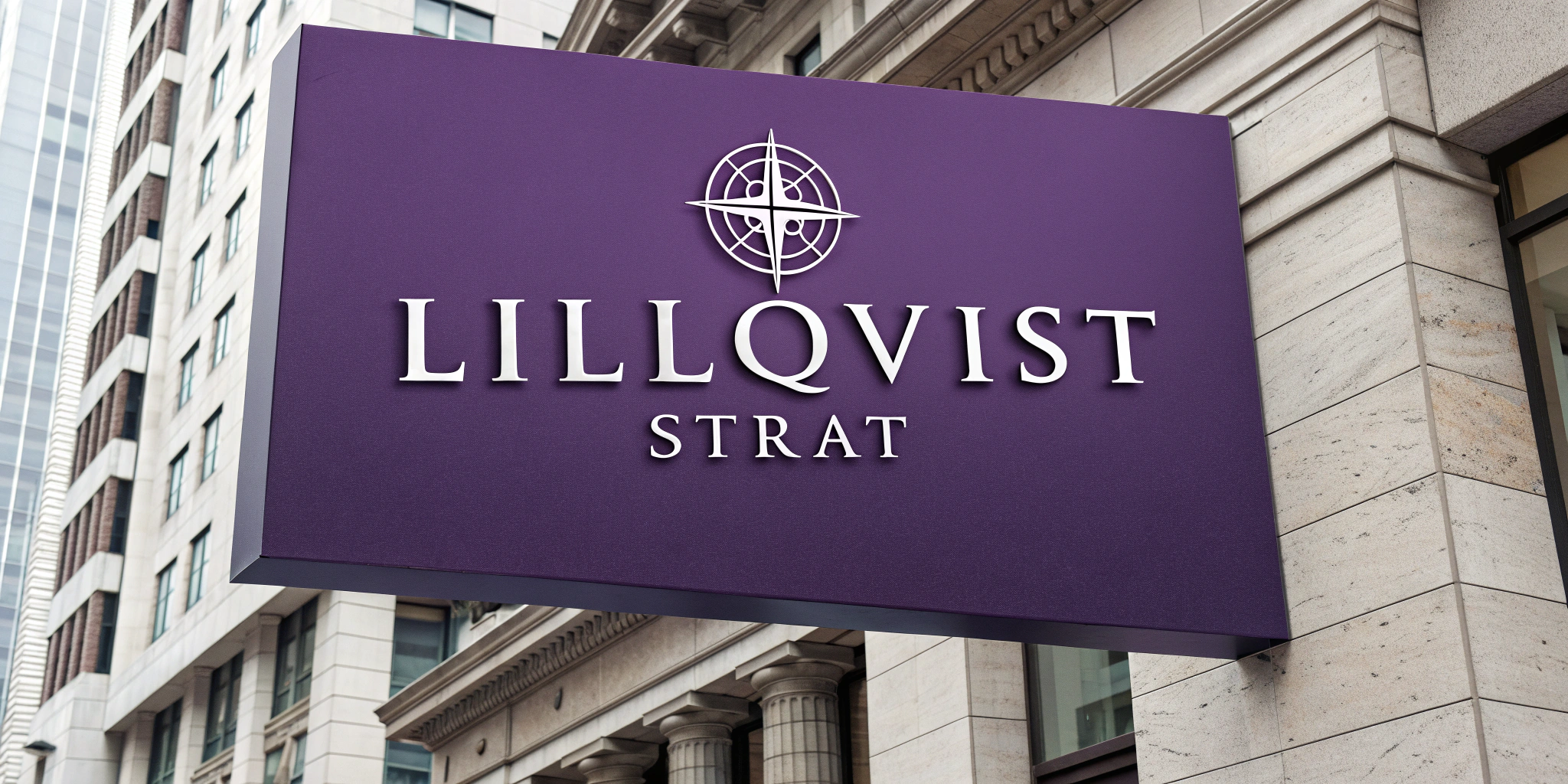Reduce no-shows, optimize doctor availability, and improve patient experience with intelligent scheduling automation!
Why Automate Healthcare Scheduling?
Traditional appointment booking can be inefficient, leading to:
❌ Long wait times
❌ Scheduling conflicts
❌ High no-show rates
Automating scheduling with AI can:
✅ Optimize doctor availability based on real-time data
✅ Reduce no-shows with automated reminders
✅ Improve patient experience with self-service booking
How It Works
Using Python, AI, and scheduling algorithms, we can:
✔️ Accept online appointment requests from patients
✔️ Assign time slots dynamically based on availability
✔️ Send automated reminders via email or SMS
✔️ Predict no-shows using machine learning
Step 1: Create a Doctor Availability Calendar
We use Python and Pandas to manage doctor schedules.
Install Required Libraries
pip install flask pandas datetime smtplib
Define Available Time Slots
import pandas as pd
from datetime import datetime, timedelta
# Generate a weekly schedule for doctors
def create_schedule():
days = ["Monday", "Tuesday", "Wednesday", "Thursday", "Friday"]
time_slots = ["09:00", "10:00", "11:00", "14:00", "15:00", "16:00"]
schedule = []
for day in days:
for time in time_slots:
schedule.append({"day": day, "time": time, "doctor": "Dr. Smith", "status": "available"})
return pd.DataFrame(schedule)
schedule_df = create_schedule()
print(schedule_df.head())
This creates a structured appointment system with available time slots.
Step 2: Allow Patients to Book Appointments
We create an API to handle booking requests.
from flask import Flask, request, jsonify
app = Flask(__name__)
@app.route('/book', methods=['POST'])
def book_appointment():
global schedule_df
data = request.json
day, time = data['day'], data['time']
# Check availability
mask = (schedule_df['day'] == day) & (schedule_df['time'] == time) & (schedule_df['status'] == "available")
if mask.any():
schedule_df.loc[mask, 'status'] = "booked"
return jsonify({"status": "success", "message": f"Appointment booked for {day} at {time}."})
else:
return jsonify({"status": "error", "message": "Slot not available."})
if __name__ == '__main__':
app.run(debug=True)
This API lets patients request available slots and books them dynamically.
Step 3: Send Automated Reminders
We integrate email/SMS reminders to reduce no-shows.
Email Reminder System
import smtplib
from email.mime.text import MIMEText
def send_email(to_email, subject, body):
sender_email = "yourclinic@example.com"
password = "yourpassword"
msg = MIMEText(body)
msg["Subject"] = subject
msg["From"] = sender_email
msg["To"] = to_email
with smtplib.SMTP("smtp.example.com", 587) as server:
server.starttls()
server.login(sender_email, password)
server.sendmail(sender_email, to_email, msg.as_string())
# Example: Sending a reminder
send_email("patient@example.com", "Appointment Reminder", "Your appointment is tomorrow at 10:00 AM.")
This script sends automated email reminders for upcoming appointments.
Step 4: Predict No-Shows Using Machine Learning
We analyze past appointment data to predict patients likely to miss appointments.
Train a Model on Past Data
from sklearn.model_selection import train_test_split
from sklearn.ensemble import RandomForestClassifier
import numpy as np
# Sample data: 1 = Showed up, 0 = No-show
data = {
"previous_no_shows": [0, 1, 2, 0, 3],
"appointment_time": [9, 14, 16, 11, 15],
"day_of_week": [1, 3, 5, 2, 4],
"no_show": [0, 1, 1, 0, 1]
}
df = pd.DataFrame(data)
# Prepare training data
X = df[["previous_no_shows", "appointment_time", "day_of_week"]]
y = df["no_show"]
X_train, X_test, y_train, y_test = train_test_split(X, y, test_size=0.2, random_state=42)
model = RandomForestClassifier()
model.fit(X_train, y_train)
# Predict for a new patient
new_patient = np.array([[1, 10, 2]]) # 1 past no-show, 10 AM appointment, Tuesday
prediction = model.predict(new_patient)
print("Predicted No-Show Probability:", prediction)
If a patient is likely to miss, we can send an extra reminder or require confirmation.
Benefits of AI-Powered Appointment Scheduling
✅ Fewer no-shows – AI reminders and predictions keep schedules full
✅ Faster scheduling – Patients can book instantly online
✅ Improved efficiency – Doctors’ time is optimized
📩 Want to automate your appointment system? Let’s build your AI-powered healthcare scheduling today!

Lillqvist Strat consults on business developement, software projects, automation, SOPs, analytical tools and more.
Contact me today to get started on our journey to higher profits, more revenue and happier employees!
Go to Contact now



